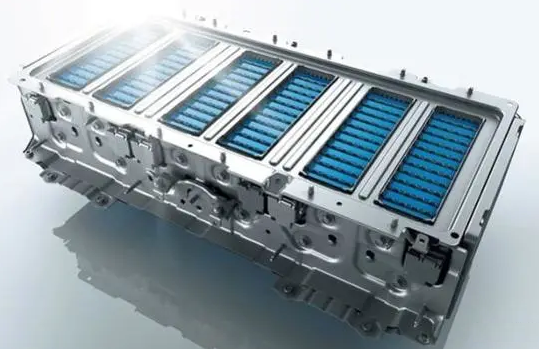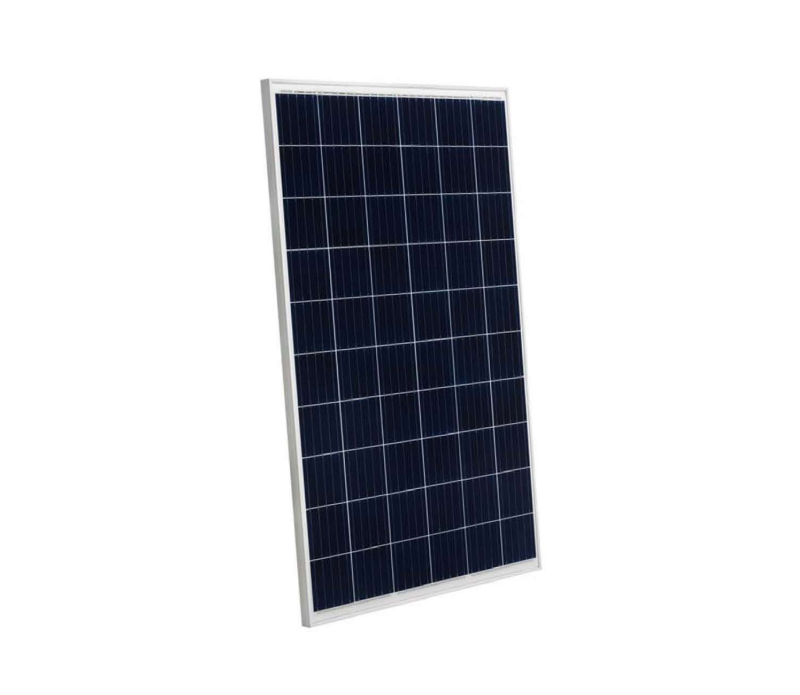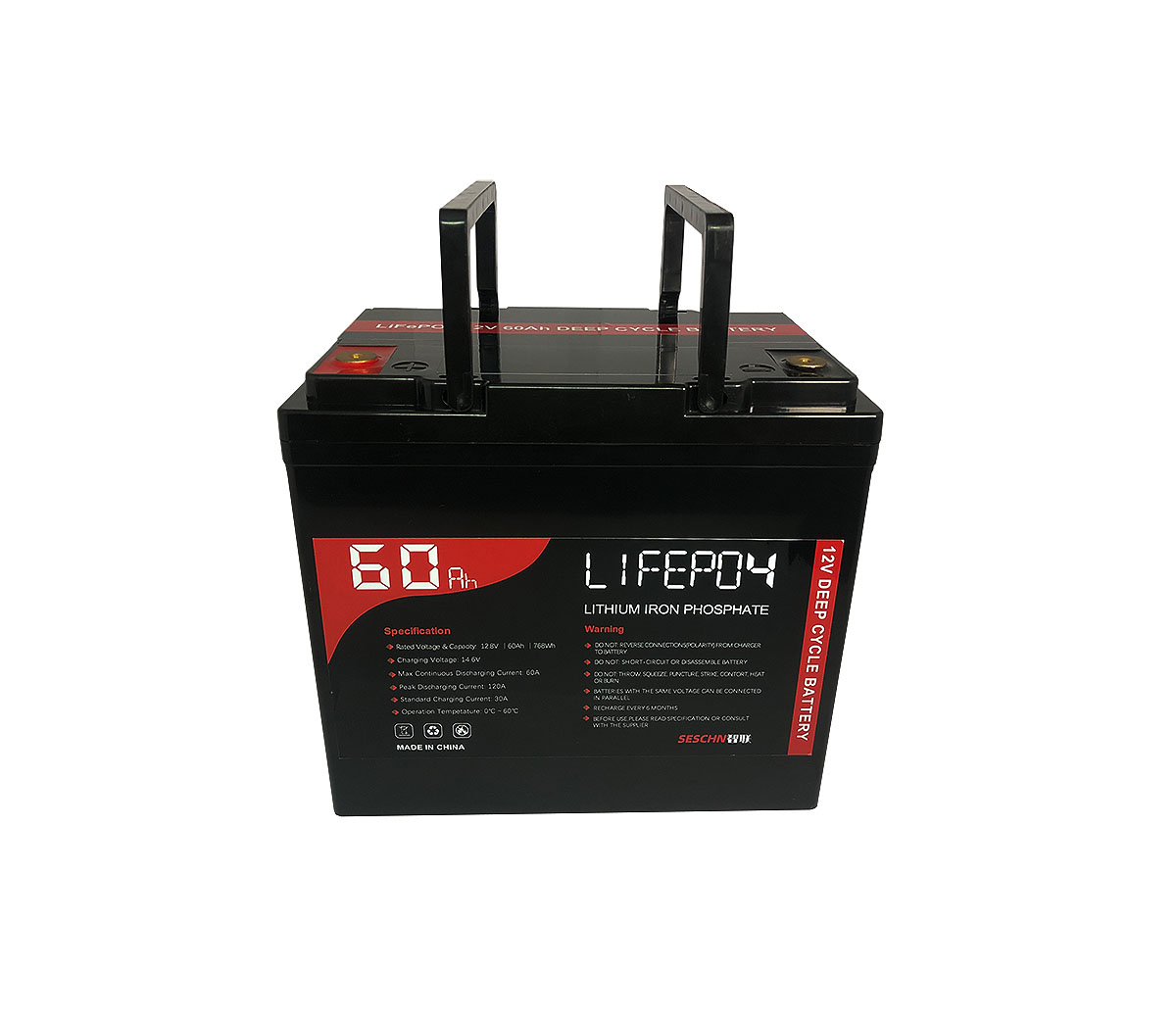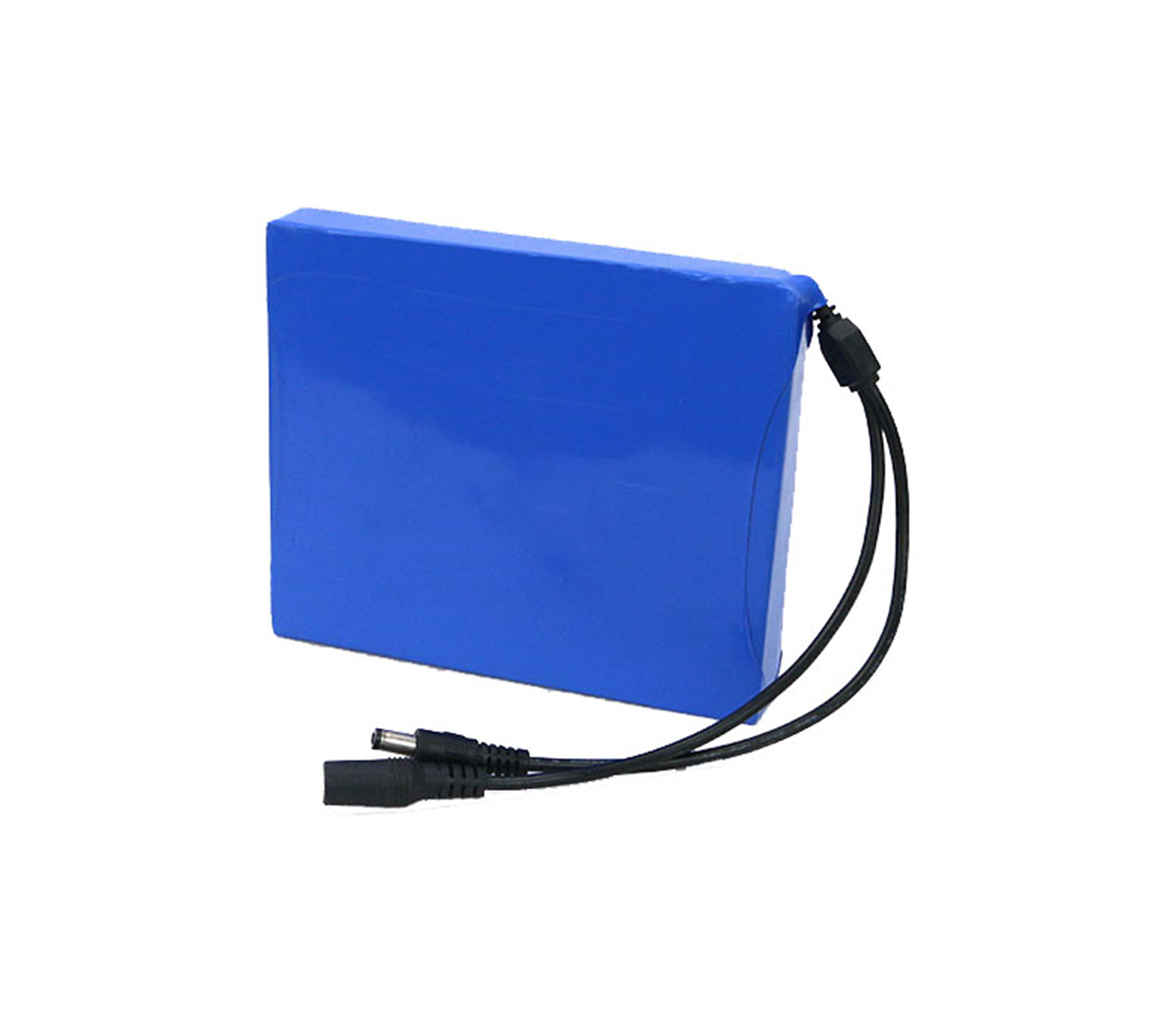It is worth noting that this year's car manufacturers' views on battery
technology have undergone great changes. The following is a chronological list
of the research and development trends of automobile manufacturers related to
batteries.

Toyota established Prime Earth EV Energy, a hybrid electric vehicle battery
production company in 1996, and established a battery business joint venture,
Prime Planet Energy & Solutions, in February 2020. Then, in September 2021,
it was decided to invest 1.5 trillion yen ($1.5 trillion) in car batteries by
2030. Among them, 1 trillion yen will be used to increase production capacity to
200 million kWh, which is 33 times the existing capacity.
BMW opened a battery development competence center in Munich in 2019 and is
developing next-generation batteries. In addition to selecting materials, it
also aims to develop technologies that will double the energy density by
2030.
Mercedes-Benz announced that it will produce its own batteries in March
2021. It has invested hundreds of millions of euros in its main base in
Stuttgart, Germany, where it is headquartered, and announced that it will start
small-scale mass production in 2023. Mercedes has been receiving batteries from
LG Chem and CATL, and has a negative attitude towards its own production. Of
course, this has not completely changed this policy. It strives to improve
quality through internal production, focusing on external procurement.
Ford announced in April 2021 that it would establish a global battery
center called Ford Ion Park in southeastern Michigan to produce its own
batteries. Its goal is to put into operation before the end of 2022, and plans
to develop and manufacture lithium-ion batteries and solid-state batteries.
Similarly, we are investing in Solid Power.
In September 2021, the Volkswagen Group opened a battery research center in
Salzgitter, Germany, to further expand its expertise in battery technology, and
to develop and produce its own electric vehicle batteries. Volkswagen Group and
its partners plan to operate 6 battery plants in Europe by 2030, with a capacity
of 240 GWh. In the future, it plans to produce batteries with an annual capacity
of 40GWh in Salzgitter, Germany. The new integrated batteries are expected to
work together and reduce battery costs by as much as 50%.
In October 2021, General Motors will set up the Willis Battery Innovation
Center in Warren, Michigan, to accelerate the development of new technologies
such as lithium metal and silicon and advanced batteries. General Motors
currently has more than 2,000 patents related to electric vehicle battery
technology, including 60 patents and trade secrets, and 46 patents pending in
important areas of future battery development, such as lithium metal
electrolytes, positive electrodes, negative electrodes, and adhesives. The
Wallace Center hopes to manufacture key battery components, such as batteries
and battery active materials, with an energy density of 600 to 1200 Wh per
liter.
With the support of world-class battery manufacturers such as LG Energy
Solution, a spin-off of LG Chem, SK On, and Samsung SDI, a spin-off of SK
Innovation, Hyundai Motor Group invested in Ionic Materials and Solid Power in
the United States to become battery developers in 2018. In 2021, we will invest
in Solid Power and cooperate with Factorial Energy in the United States to
develop all-solid-state batteries. At the same time, we are also investing in
SES. In November, it was decided to jointly establish a battery research center
with Seoul National University. Here, joint research will be carried out in the
four areas of battery management system (BMS), all-solid-state battery (SSB),
lithium metal battery (LMB) and battery process technology.
The next generation of lithium batteries is considered to be the second
storage semiconductor. It can be seen from the trends of various companies that
most of them are focusing on the development and production of battery packs
based on the existing company's cell technology. However, considering that if it
continues, the existing two or three major companies are likely to occupy most
of the market share, and the company is showing a long-term willingness to
internalize battery technology.
The battery electric vehicle business was a small and medium-sized business
10 years ago, and it is now the core of all car manufacturers in the world.

Lithium-ion battery (LIB) has become the main energy storage solution in
modern social life. Among them, lithium iron phosphate battery is a perfect
replacement for lead-acid batteries, and it is the first choice for
grid-connected peak shaving, off-grid energy storage, photovoltaic energy
storage, UPS, data center and other industries.




































